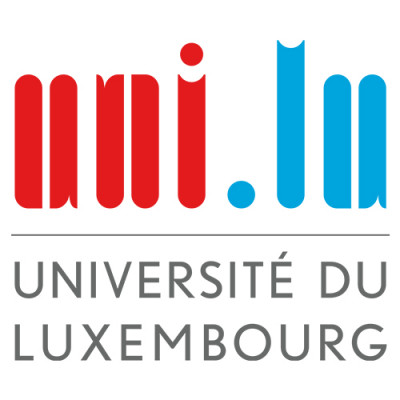Internship - PhD Development of ammonia cracker (m/f/d)
Veröffentlicht am 23/11/2024

Paul Wurth / Paul Wurth Geprolux
We are looking for a
Internship followed by fully funded PhD – Chemical process engineer (m/f/d)
Paul Wurth as a global leader in ironmaking technology is actively working on CO2 reduction approaches for the blast furnace based iron production route. One main approach is to integrate CO2 lean hydrogen into the process. Hydrogen can be produced much cheaper in remote sunny and windy areas such as Australia or Chile, necessitating efficient and easy transport to densely populated regions in the north such as Europe or Japan. Ammonia can be a carrier molecule for hydrogen and is already widely transported today for the fertilizer industry. However its usage required a novel reactor called a cracker to reconvert ammonia into hydrogen, which does not exist on large scale yet. In short, the PhD candidate shall be the main researcher to develop a new ammonia cracking reactor and propose an optimized process integration.
During the internship you are expected to get familiar with the topic to prepare for the PhD, mainly doing:
- Literature review and state of the art ammonia cracking research and reactor design best practices based on similar high temperature catalytic hydrogen reactions such as ethylene cracking or steam methane reforming
- Review, improve and document existing 1D Model from previous internships in C++, to achieve more accurate heat transfer and reaction equations. Revise C++ code to be more readable, more scalable and easy to use.
- Draft funding application for PhD research proposal for starting the PhD in April 2025. Propose a comprehensive development plan outlining the main tasks for developing a full scale ammonia cracker, including simulation model improvement, catalyst tests, material tests, reactor design prototyping, pilot tests, etc…
During the PhD, you are expected to do the following:
- Independently follow and manage the research required for developing an industrial ammonia cracker.
- Continuously improve and validate the 1D simulation model, to make it as representative as possible.
- Research and model the impact of using various steel plant off-gases in the reactor burner and heat transfer.
- Coordinate with external laboratories to receive required catalyst test data for improving the simulation model.
- Coordinate with burner, reactor and furnace manufacturers to obtain design criteria limits according to norms and fabrication limits. Use acquired knowledge together with simulation model results to optimize reactor design.
- Integrated process flowsheet optimization using the proposed reactor design to maximize process efficiency.
- Write publications required for obtaining a PhD according to University standards.
What do we expect?
- MSc in process engineering, chemical engineering, computational sciences, chemistry or related discipline.
- Strong analytical mindset and independent research capability. Critical thinking and problem solver.
- Deep understanding of thermodynamics, chemistry and transport phenomena.
- Good knowledge of MS Excel. Programming languages or process simulation software knowledge is a plus.
- Any experience with catalyst or catalytic reaction characterization is a plus.
- Any experience with reactor or furnace design is a plus.
- Good communication and proficiency in English. Any other languages are additional assets.
What do we offer?
- Fully funded PhD by FNR.lu in a diverse team in one of Luxembourg’s leading industrial players.
- Office near the well-connected Luxembourg train station with a free company parking lot for easy commuting.
- Flexible working hours, telework policy and flexible holiday planning.
Join us in conquering new challenges and be part of our Paul Wurth SMS team #turningmetalsgreen!
